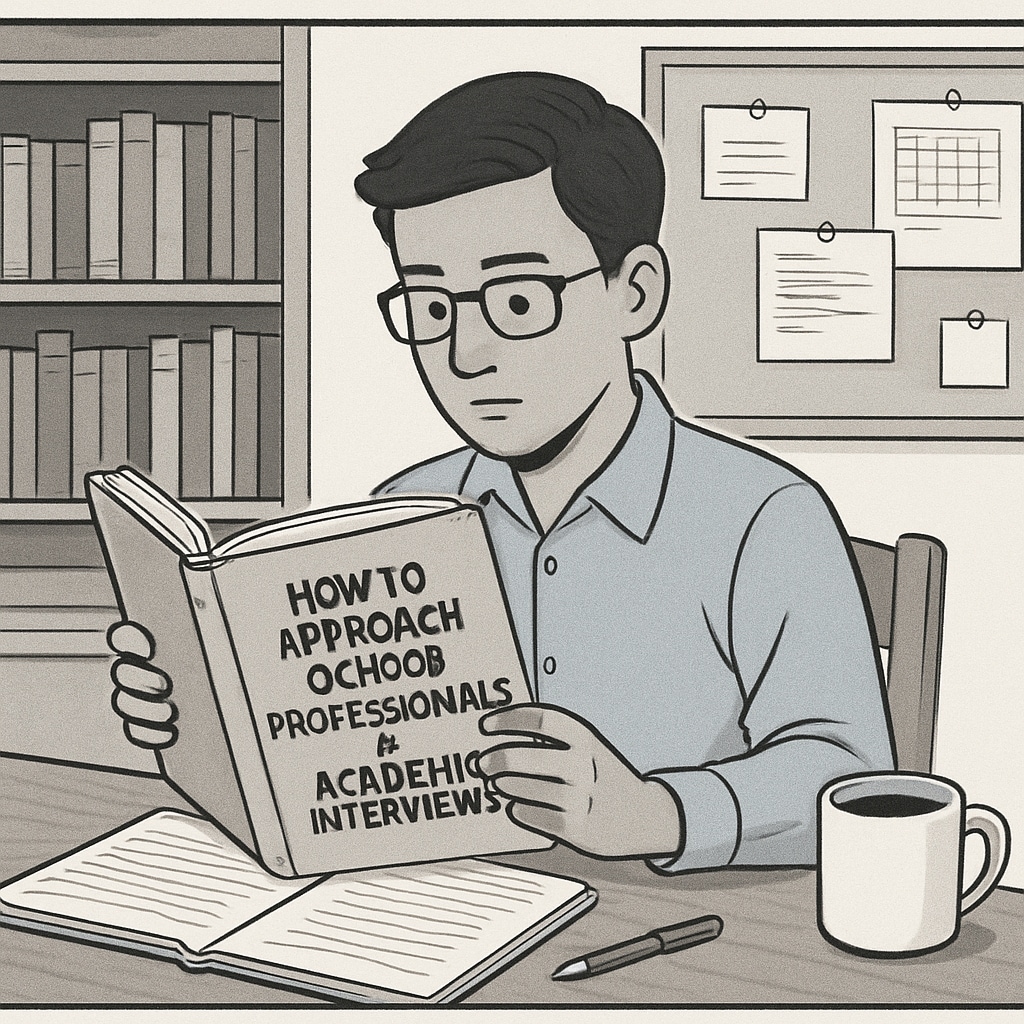When tasked with interviewing K12 school counselors as part of their academic assignments, graduate students often face significant challenges. These obstacles can include difficulty in accessing school staff, navigating institutional policies, and establishing credibility. In this article, we will explore the structural barriers that contribute to these challenges and provide practical strategies for graduate students to successfully connect with counselors and complete their research assignments.
Understanding the Challenges of Interviewing K12 School Counselors
Graduate students frequently encounter roadblocks when attempting to interview K12 school counselors. These challenges stem from several factors:
- Time constraints: Counselors are often busy managing their daily responsibilities, such as student support, crisis management, and administrative tasks.
- Institutional policies: Schools may have strict guidelines for external interviews to protect student and staff privacy.
- Lack of access: Establishing contact with counselors can be difficult due to gatekeeping by school administrators or unclear communication channels.
- Uncertainty about the research purpose: Counselors may hesitate to participate if the research goals and benefits are not clearly articulated.
Understanding these challenges is the first step toward overcoming them. By addressing these issues, graduate students can better position themselves to gain valuable insights from their interviews.

Practical Strategies for Successful K12 Counselor Interviews
To navigate the complexities of interviewing school counselors, graduate students can adopt the following strategies:
1. Plan Ahead and Be Flexible
Start the process early to allow time for scheduling and potential delays. Be prepared to accommodate the counselor’s availability, even if it means adjusting your own schedule. Flexibility demonstrates respect for their time and responsibilities.
2. Obtain Necessary Permissions
Before reaching out, familiarize yourself with the school district’s policies regarding research interviews. Obtain any required permissions or approvals to ensure compliance with institutional guidelines.
3. Craft a Professional Introduction
When contacting counselors, provide a clear and concise explanation of your research purpose, the expected time commitment, and the potential benefits of their participation. Use professional language and demonstrate your understanding of their role.
4. Leverage Existing Networks
Seek referrals from professors, professional organizations, or peers who may have connections within the K12 education system. A mutual connection can lend credibility to your request and increase the likelihood of a positive response.
5. Offer Value in Return
Show appreciation for their time by sharing the outcomes of your research or offering insights that may benefit their practice. For example, providing a summary of findings can demonstrate how their contribution made a difference.

The Importance of Building Professional Relationships
Beyond completing a single assignment, establishing connections with K12 school counselors can have long-term benefits for graduate students. These relationships can open doors to future research opportunities, internships, or even career advice. By approaching interviews with professionalism and respect, students can build a network of supportive educators who are willing to collaborate on future projects.
For additional guidance, it may be helpful to consult resources like the American School Counselor Association or the Britannica entry on guidance counseling. These platforms offer insights into the roles and responsibilities of school counselors, which can enhance your understanding and approach.
In conclusion, while interviewing K12 school counselors for research assignments can be challenging, it is not insurmountable. By understanding the barriers, preparing thoroughly, and approaching the task with professionalism, graduate students can bridge the gap and gain meaningful insights. These strategies not only help complete assignments but also lay the groundwork for future academic and professional success.
Readability guidance: Use short paragraphs and clear headings to organize content. Include transition words to enhance flow, and summarize main points with bullet lists. Avoid overly long sentences or excessive passive voice.


